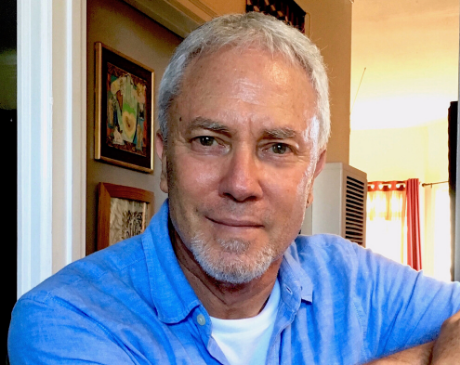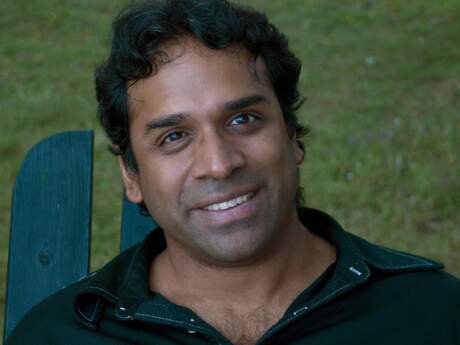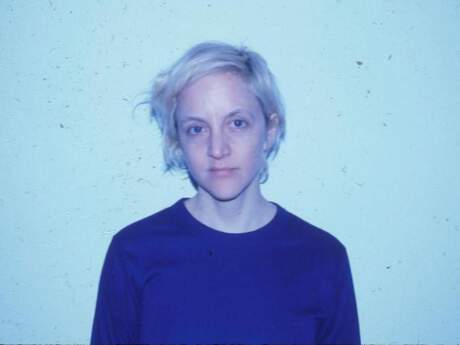Q & A: American Poetry
Q & A American Poetry: Aaron Shurin

Tradition is always multiple, and the very act of drawing a border implies there's something else outside it; just so nationalisms are always international, too.
In poetry, something distinctly American—it's thinking of oneself that way that matters—begins in the nineteenth century with Whitman and continues with, and is countered by, Dickinson. Those two are enough inheritance for the whole of the twentieth century in American poetry. They enact the classic American tension of nation and state, or collectivity (in the shadows its face is called imperialism) and the sanctity of the individual.
An American inheritance might include Whitman's polyglot impetus toward people speaking in their own voices, bringing poetic diction down from England's on high and into the streets (but that's an impulse already at least as old as Dante.) It might include the radical impulse to content as form: a continent's querying line as it spreads from coast to coast across a topography of ideas, and the pluralizing of subjectivity that we recognize in our own valiant and troubled identity politics.
An American inheritance might include Dickinson's fierce commitment to individual volition and despair, to her reworking of traditional forms to accept interruption and levels of psychic intuition. It might of necessity include her spiritual comprehension of isolation raised to ecstasy: the individual sublime. her world—the cosmos of the backyard or nearby field—and its lexicon of flower, bird, and sky: still given.
I certainly take the informing spirits of these two creative workers as my Americanist guide, but they stand alongside myriad figures from simultaneous myriad traditions poetic and other: Rimbaud, Chaucer, Flaubert, Lorca, Stein, O'Hara, Proust, Rembrandt, Colette, Homer, Cocteau, Pasolini, Duncan, Shakespeare, H.D., Monet, Kurosawa, Bette Davis, Williams, di Prima, Genet, Callas, Notley, Ionesco, Scalapino, Cabbalé, Chopin, or Robert Glück. In the end, this furious plurality may be the most American thing about me.
Published 1999.


